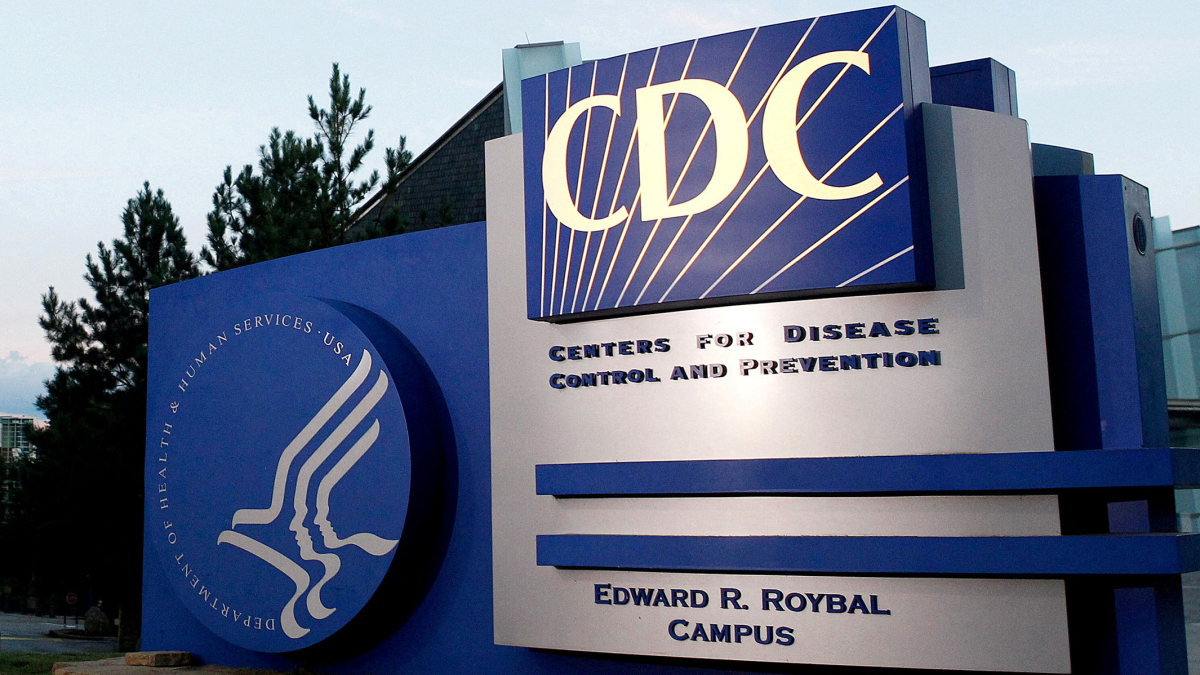EU launches largest semiconductor pilot line to boost next-generation chip development
The European Union has launched its largest semiconductor pilot line under the European Chips Act, investing 700 million euros ($832 million) in the n...

The Trump administration is seeking to make sharing data about pathogens a condition for countries receiving U.S. health aid, according to a draft document obtained by Reuters.
The U.S. wants countries to provide pathogen samples and genomic sequencing data within five days of an outbreak, as outlined in the document from the U.S. State Department. However, it does not guarantee that any drugs or vaccines developed from this data exchange would be made available to the countries affected.
This disparity could lead to a repeat of the inequalities seen during the COVID-19 pandemic and other outbreaks, where poorer nations struggled to access the medical tools developed to combat disease, despite often being the first to identify the threat, according to some experts.
The move could also undermine ongoing discussions at the World Health Organization (WHO), where nations are negotiating a comprehensive pandemic treaty to ensure that lower-income countries are not left behind in future health crises.
The U.S. document is a memorandum of understanding that would be signed by both the U.S. and recipient countries. It sets targets for addressing conditions such as HIV, maternal mortality, and measles vaccination.
The agreement covers U.S. aid until 2030, but the pathogen-sharing arrangement would last for 25 years.
This proposal is part of the broader shift in U.S. foreign aid under President Donald Trump's "America First" policy. The country's new global health strategy, released in September, aims to move recipient countries towards “self-reliance” and to establish bilateral agreements as quickly as possible.
Bypassing WHO-backed deal
In response to queries about the document, a senior State Department official stated that the U.S. was committed to transparency and accountability in its global health strategy, but did not offer further details.
A source familiar with the negotiations in one recipient country confirmed that the document was under discussion. Ghana's Ministry of Health announced on X on Thursday that it had received the document on global health terms from the U.S., but did not provide specifics.
Three global health officials confirmed they had seen the document and were aware that governments were discussing it with the U.S.
“These bilateral agreements ... will bypass the WHO and the foundations of solidarity and equity we have been working to build here,” said Michel Kazatchkine, the former head of the Global Fund to Fight AIDS, Tuberculosis, and Malaria, during a WHO meeting in Geneva on Friday. Kazatchkine represents the Independent Panel on Pandemic Preparedness and Response, convened by the WHO to evaluate the global response to COVID.
WHO spokesperson Christian Lindmeier told Reuters that the agency had no information about the document. He stated that the pathogen access and benefits-sharing agreement currently being negotiated at the WHO would enable the sharing of materials "and, on an equal footing, the rapid, timely, fair and equitable sharing of benefits arising from the sharing or utilisation of such materials."
U.S. President Donald Trump has criticised American freestyle skier Hunter Hess after the athlete said he felt conflicted about representing the United States at the Winter Olympics in Italy, sparking a public clash that highlights growing political tensions surrounding the Games.
U.S. skiing great Lindsey Vonn underwent surgery in an Italian hospital on Sunday after her attempt to win Olympic downhill gold ended in a violent crash just seconds into the race at the Milano Cortina Winter Games.
Police in riot gear pushed toward a group of protesters who launched fireworks, flares and smoke bombs during a demonstration in Milan on Saturday, as the city hosted events on the first full day of the Milano Cortina Winter Olympics.
The death toll from the collapse of two residential buildings in the northern Lebanese city of Tripoli has risen to 15, state media said on Monday, as rescue teams wrapped up search operations and officials warned that more people could still be missing.
U.S. Vice President JD Vance has arrived in Armenia, marking the first time a sitting U.S. vice president or president has visited the country, as Washington seeks to deepen engagement in the South Caucasus and advance a U.S.-brokered peace process between Armenia and Azerbaijan.
The release of additional documents linked to Jeffrey Epstein continues to trigger international political and legal reactions, with Russian officials dismissing speculation about intelligence ties and British police assessing new allegations involving Andrew Mountbatten-Windsor.
U.S. military forces have seized a sanctioned oil tanker in the Indian Ocean after tracking the vessel from the Caribbean Sea, the Pentagon said on Monday.
Pressure is mounting on UK Prime Minister Keir Starmer amid resignations and a row over Peter Mandelson, a powerful figure in the ruling Labour Party. The episode has raised doubts about Starmer’s authority and how firmly his own party continues to back him.
Chinese authorities have quietly signalled a shift in strategy, instructing some state-owned banks to rein in their purchases of U.S. government bonds.
Convicted Epstein associate Ghislaine Maxwell refused to answer questions before Congress, while her lawyer said she could clear President Donald Trump of wrongdoing if granted clemency.
You can download the AnewZ application from Play Store and the App Store.

What is your opinion on this topic?
Leave the first comment